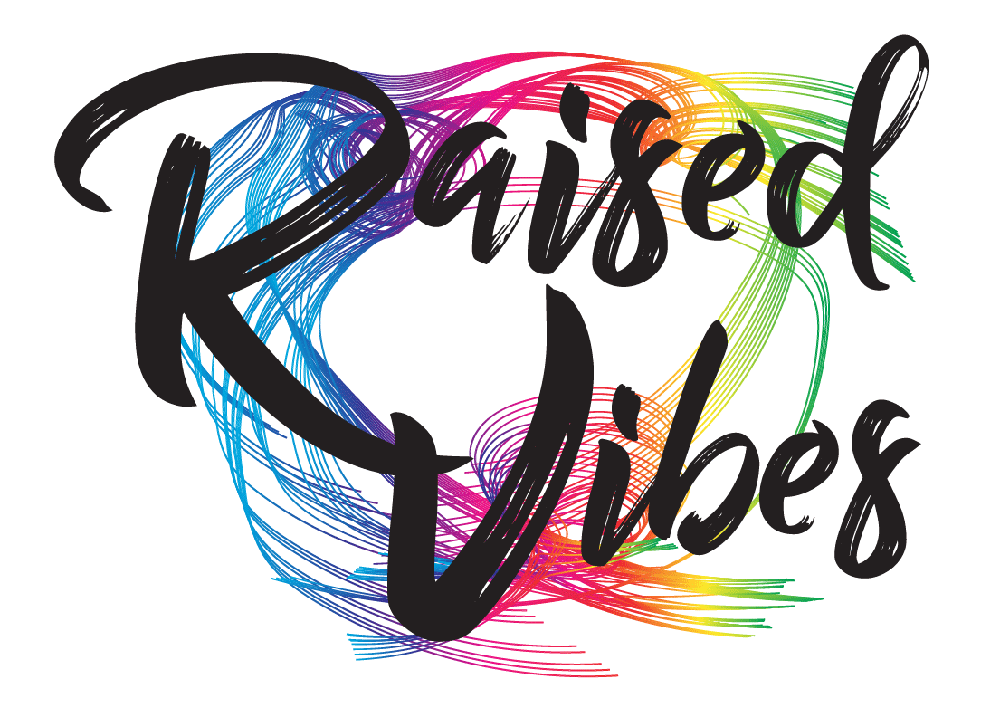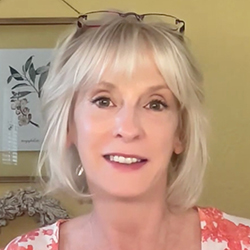Stop Overthinking Your Emotions: The Hidden Dangers of Intellectualizing How You Feel

We live in a world that often prioritizes logic over emotion, analysis over intuition. When we experience strong emotions, our first instinct is often to figure out why we feel this way. While understanding the root cause of our emotions is helpful, there’s a fine line between self-awareness and intellectualizing our feelings to the point of detachment.
The Trap of Over-Analyzing
Intellectualizing our emotions means we shift into a cognitive space instead of actually feeling them. We ask ourselves questions like:
-
Where is this coming from?
-
Is this reaction justified?
-
What does this say about me?
-
How can I fix this?
While these questions might seem productive, they can actually serve as a form of avoidance. Instead of sitting with the discomfort, we try to rationalize it away. But emotions aren’t problems to be solved; they are experiences to be felt.
Holding Space for Emotions
Our feelings are not bad. They don’t need to be suppressed, fixed, or explained away. Instead, they need space. Holding space for our emotions means allowing them to exist without judgment. It’s about witnessing our emotions rather than trying to control them.
Some ways to hold space for your feelings:
-
Sit with them - Allow the emotion to arise without trying to change it.
-
Breathe through it - Deep breathing can help regulate the nervous system while staying present with your emotions.
-
Journal - Write down what you’re feeling without analyzing or censoring yourself.
-
Express them creatively - Movement, art, or music can be powerful outlets.
-
Talk it out - Sharing with a trusted friend or therapist can help process feelings without over-intellectualizing.
The Body Keeps the Score
Often, our emotions are signals from the body. If a certain feeling keeps surfacing, it might be a sign that something unresolved needs your attention. For example, persistent anxiety or sadness could be your body’s way of telling you that you were mistreated in the past. When we suppress these emotions, they don’t disappear; they store themselves in our nervous system and can manifest as tension, illness, or chronic stress.
Somatic Practices to Process Emotions
To truly process our emotions, we need to integrate the body. Somatic practices help release stored emotions and allow us to feel safe in our own skin. Some powerful methods include:
-
Grounding exercises - Walking barefoot on the earth, pressing your feet into the ground, or focusing on your breath.
-
Body scanning - Checking in with different parts of your body to notice where you hold tension. Once you locate a tense or painful area, instead of trying to shift or fix it, sit with it. Breathe into that space and allow it to exist without resistance. Often, tension softens when acknowledged.
-
Shaking - A natural way to release built-up stress and energy.
-
Movement therapy - Dance, yoga, or gentle stretching to move emotions through the body.
-
Breathwork - Conscious breathing techniques to shift your emotional state and regulate the nervous system. Square Breathing with a Double Exhale - Inhale for 5 seconds, hold for 5 seconds, exhale for 10 seconds, and hold for 5 seconds. Repeat this cycle to calm the nervous system and stay present with your feelings.
The Long-Term Impact of Suppression
Ignoring or suppressing emotions doesn’t make them disappear. Instead, they build up and can lead to physical and emotional distress. Chronic stress, digestive issues, fatigue, and even autoimmune conditions have been linked to emotional suppression. Learning to feel and process our emotions is one of the greatest gifts we can give ourselves.
Honoring Our Emotions
Feeling our emotions doesn’t mean we get lost in them - it means we honor them. Emotions are messages, and when we allow ourselves to truly feel, we create space for healing. Instead of trying to outthink our emotions, let’s practice being with them. After all, true emotional intelligence isn’t just about understanding our feelings - it’s about allowing ourselves to experience them fully.






